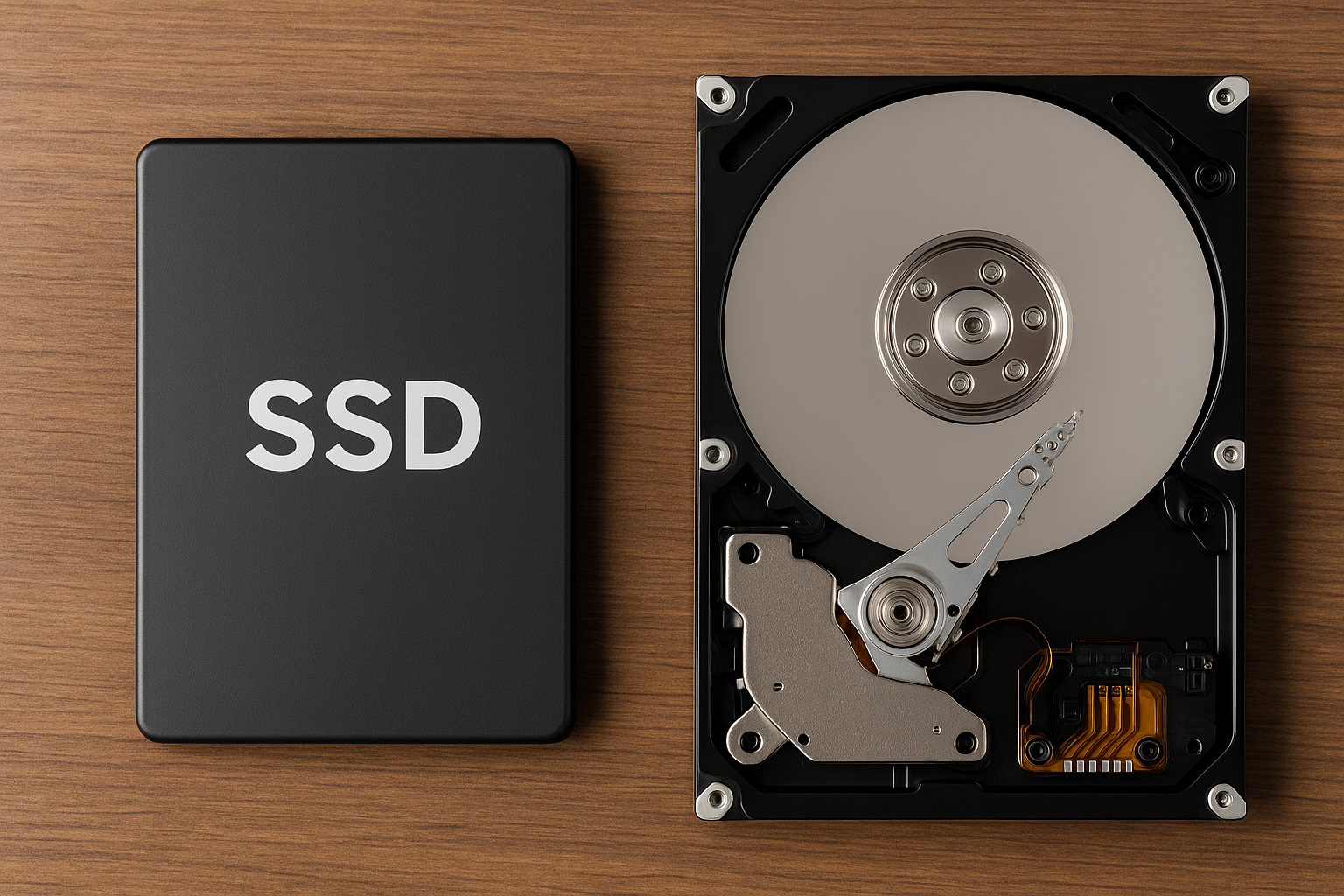Cryptocurrencies have become one of the most talked-about financial innovations of the past decade. From Bitcoin headlines to NFT markets and blockchain technology, the crypto world is vast, fast-evolving, and often misunderstood. Whether you’re curious about investing, exploring technology, or just want to keep up with digital trends, this guide is here to help you grasp the essentials of cryptocurrency without the complicated jargon.
Let’s explore what cryptocurrencies are, how they work, and why they matter today.
What Are Cryptocurrencies?
Cryptocurrencies are digital or virtual currencies that use cryptography for security. Unlike traditional currencies issued by governments and central banks, cryptocurrencies operate on decentralized networks, most commonly based on blockchain technology.
Instead of relying on a central authority, transactions are verified and recorded by a distributed network of computers (called nodes), ensuring transparency, security, and independence from traditional financial systems.
The most well-known cryptocurrency is Bitcoin, but there are thousands of others, including Ethereum, Binance Coin, Cardano, and Solana.
Key Characteristics of Cryptocurrencies
Here are the features that make cryptocurrencies unique:
1. Decentralization
There’s no central bank or government controlling most cryptocurrencies. Their decentralized nature ensures that no single entity has control over the currency or its operations.
2. Digital Only
Cryptocurrencies exist only in digital form. You won’t find physical coins or notes. Transactions occur online and are stored on digital ledgers.
3. Security
Advanced cryptographic techniques protect transactions and wallets. This makes cryptocurrencies resistant to fraud and hacking when handled properly.
4. Transparency
All transactions are publicly recorded on a blockchain, which anyone can inspect. This level of openness adds trust and accountability.
5. Global Accessibility
Cryptocurrencies can be sent or received anywhere in the world, 24/7, without relying on banks or currency exchanges.
How Do Cryptocurrencies Work?
Cryptocurrencies operate on blockchain technology, which is a decentralized ledger that records all transactions across a network of computers.
Each transaction is grouped into a “block.” Once a block is filled with data, it is added to the chain of previous blocks—hence the term “blockchain.”
Here’s a simplified breakdown:
- A transaction is requested (e.g., you send 1 Bitcoin to a friend).
- The transaction is broadcast to the network.
- Computers (miners or validators) verify the transaction.
- Once verified, the transaction is added to the blockchain.
- The recipient receives the funds.
Some cryptocurrencies require mining (Bitcoin), while others use alternative systems like proof-of-stake (Ethereum 2.0, Cardano) to validate transactions.
Popular Types of Cryptocurrencies
While Bitcoin is the original and most valuable cryptocurrency, many others have gained popularity due to their features and use cases.
Bitcoin (BTC)
- The first and most widely used cryptocurrency.
- Created as an alternative to traditional money.
- Often referred to as “digital gold.”
Ethereum (ETH)
- Known for its smart contract capabilities.
- Supports decentralized applications (DApps).
- Foundation for NFTs and many blockchain projects.
Binance Coin (BNB)
- Native coin of Binance, a major crypto exchange.
- Used to pay fees, invest in new projects, and trade.
Cardano (ADA)
- Focuses on scalability, sustainability, and academic research.
- Uses proof-of-stake instead of mining.
Solana (SOL)
- Fast, scalable platform for decentralized apps.
- Known for low transaction fees and high throughput.
Each of these coins has unique purposes beyond just currency. Some power platforms, some enable smart contracts, and others are used for governance or digital asset exchange.
Crypto Wallets: How to Store Cryptocurrencies
To store and use cryptocurrencies, you need a digital wallet. This can be a software application or a physical device.
Types of Crypto Wallets:
- Hot Wallets: Connected to the internet. Easy to use but slightly less secure (e.g., mobile or desktop apps like Trust Wallet, MetaMask).
- Cold Wallets: Not connected to the internet. More secure for long-term storage (e.g., hardware wallets like Ledger or Trezor).
Each wallet has a public key (used to receive funds) and a private key (used to send or access your funds). Keep your private key secure—if you lose it, you could lose your crypto permanently.
Ways to Acquire Cryptocurrency
There are several ways to obtain cryptocurrencies:
- Buy from Exchanges: Use platforms like Binance, Coinbase, or Kraken to buy with fiat money (like USD or EUR).
- Receive as Payment: Some freelancers and businesses accept crypto as payment.
- Mining: Use computer power to validate transactions and earn coins (applies mostly to Bitcoin).
- Staking: Lock up coins in a wallet to support the network and earn rewards.
- Airdrops and Giveaways: Occasionally, projects distribute free tokens to attract users.
What Can You Do with Cryptocurrency?
Cryptocurrency isn’t just for speculation. It has real-world uses, including:
- Paying for goods and services at businesses that accept it.
- Investing or trading on exchanges.
- Sending money across borders faster and with lower fees.
- Participating in decentralized finance (DeFi) platforms.
- Buying NFTs and accessing Web3 services.
Many projects aim to reshape finance, ownership, governance, and identity.
Risks and Considerations
Like any new technology, cryptocurrencies come with potential risks. It’s important to be cautious and informed.
1. Volatility
Prices can swing wildly in short periods. Investments can grow or shrink dramatically.
2. Security
While blockchains are secure, users must protect wallets and passwords. Scams, phishing attacks, and poor practices can lead to losses.
3. Regulation
Crypto regulations vary by country. Some governments support innovation, while others impose restrictions or bans.
4. No Chargebacks
Crypto transactions are irreversible. Once sent, they can’t be undone unless the recipient agrees to return the funds.
5. Complexity
The learning curve can be steep for newcomers. It takes time to understand how wallets, transactions, and blockchains work.
Is Cryptocurrency Legal?
In most countries, cryptocurrencies are legal to own and trade, but how they’re regulated varies. Some governments view them as assets, others as currencies. A few countries have banned or restricted their use due to concerns about security or financial control.
Before investing or transacting, check the local laws in your country to ensure compliance.
Future of Cryptocurrency
Despite early skepticism, cryptocurrencies have gained mainstream attention. Major institutions, tech giants, and even governments are exploring how to use blockchain technology.
In the future, we may see:
- Central bank digital currencies (CBDCs)
- Broader acceptance in online and physical stores
- More integration with traditional financial systems
- Greater focus on sustainable, energy-efficient models
As the technology matures, so will the opportunities it brings—along with clearer regulations and wider adoption.
Conclusion: Crypto Basics, Big Possibilities
Cryptocurrencies represent a powerful shift in how we think about money, trust, and control. Whether you’re interested in investing, innovation, or simply staying informed, understanding the basics of crypto is a valuable step in navigating the digital world.
As with any new field, start small, do your research, and keep learning. The world of cryptocurrencies is still evolving—and being prepared will help you make the most of it.








